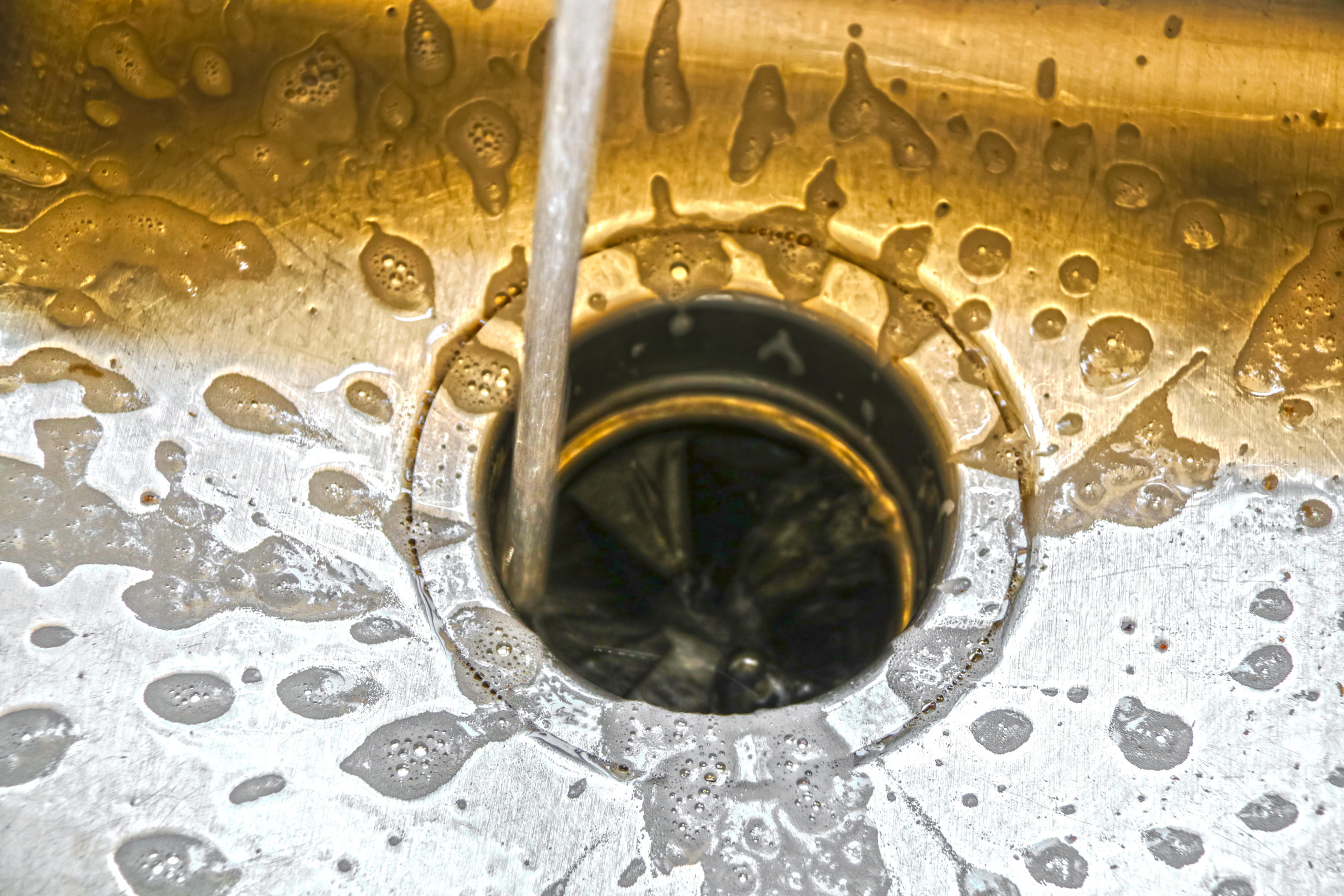
When you’re peering down your sink drain with a flashlight and grimacing at the mildewy sight and smell of your garbage disposal, you know you probably have a problem.
After all, no matter how often you prevent dishes from piling up in the sink or how often you spray the surface down with a household cleaner, that doesn’t guarantee that any of it is going to have a considerable impact on undesirable odors and growth below.
Thus, you may be wondering: Is mold in my garbage disposal even normal?
Sink Mold: Common Or Concerning?
In 2011, research published by the American Society for Microbiology (AMS) confirmed that the majority of household sinks likely contain some variation of Fusarium, a commonly-occurring strain of mold.
“Our survey revealed that the six most common [strain types] (STs) in sinks were identical to the six most frequently associated with human infections,” researchers concluded. “We speculate that the most prevalent STs, by virtue of their ability to form and grow in biofilms, are well adapted to plumbing systems.”
Moreover, garbage disposals and sink drains in and of themselves may naturally act as a haven for mold spores, as they are dark and damp by nature, thereby creating the ideal environment for spore growth and proliferation.
In short, mold growth in this area is certainly not uncommon. The only question, then, is how best to handle it.
Offering Answers And Potential Actions
As food particles of other types or rotting residue build up beneath the surface, it will undoubtedly attract mold growth and other biological pollutants.
In the majority of cases, biofilms that involve mold may naturally grow on the underside of your sink’s splash guard, as well as along the inner walls of the sink drain itself.
This may occur as a result of not turning on the disposal and flushing out food that has been dropped down the sink, as explained by Consumer Reports. Likewise, it may also occur if you run your garbage disposal without water to help properly flush out the system in its entirety.
Thus, we recommend that you run water before, during, and after running the disposal. Also, remain committed to never letting food waste accumulate in the sink for extended periods of time before finally running the disposal.
When Cleaning And Causation Come Into Question
If you have reason to believe there may be mold growing in your garbage disposal, it’s time to put down the flashlight and, yes, put down the bleach, too.
After all, bleach will not kill the spores themselves, nor will obsessively observing the growth from outside shed any further light as to what, exactly, it is.
But that’s where Luce Air Quality comes in.
As your indoor environmental experts, we can help to identify whether or not mold is truly present in your home or sink, as well as determine the cause and exact location of the growth. Moreover, once we’ve provided you with a comprehensive report, we can also offer you detailed guidance about the next steps to take!
Be it mold, water damage, or even asbestos, we can help you determine how best to reclaim your home or business. To learn more or schedule your inspection today, contact our team by calling 904-803-1014 or emailing info@luceairquality.com!


